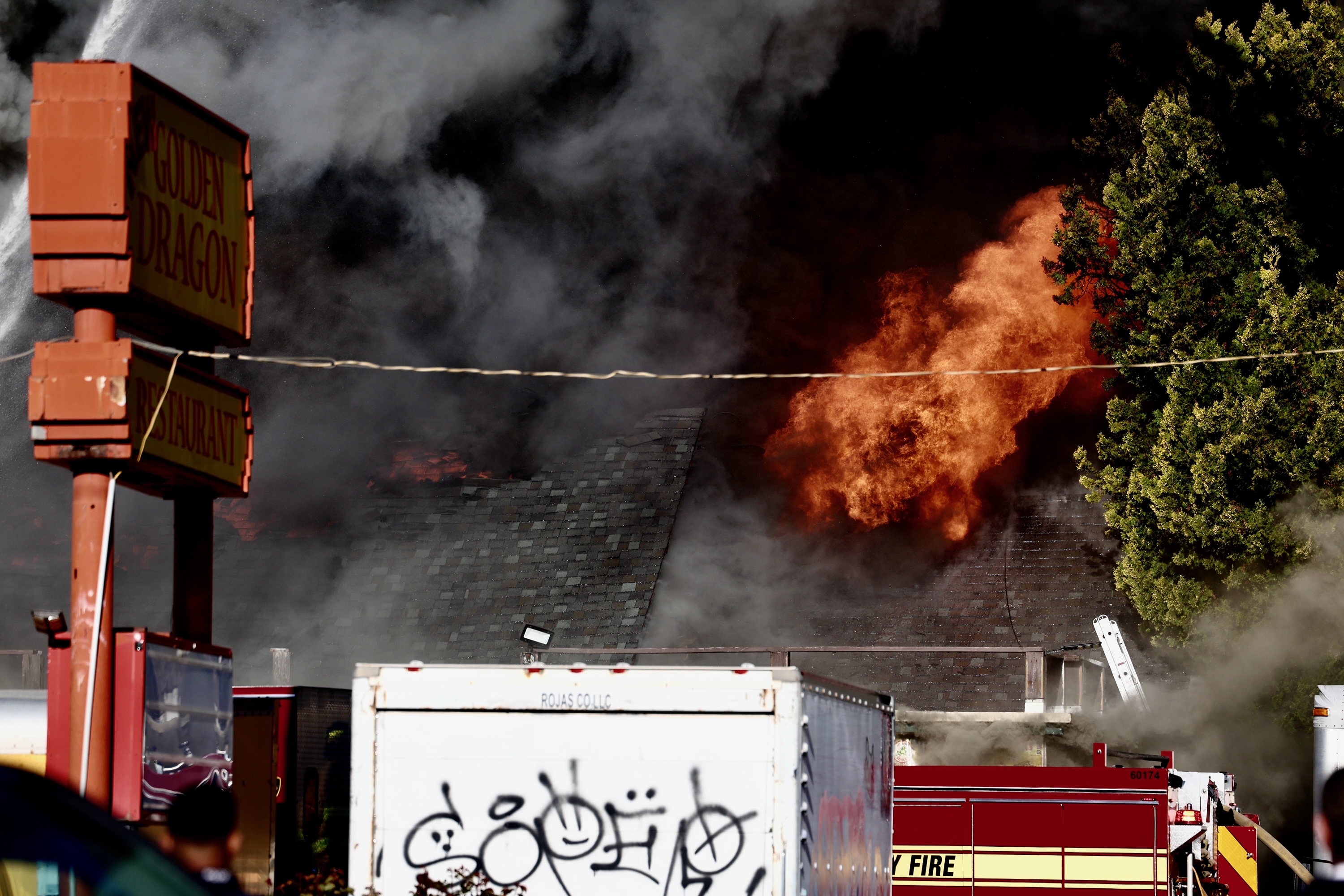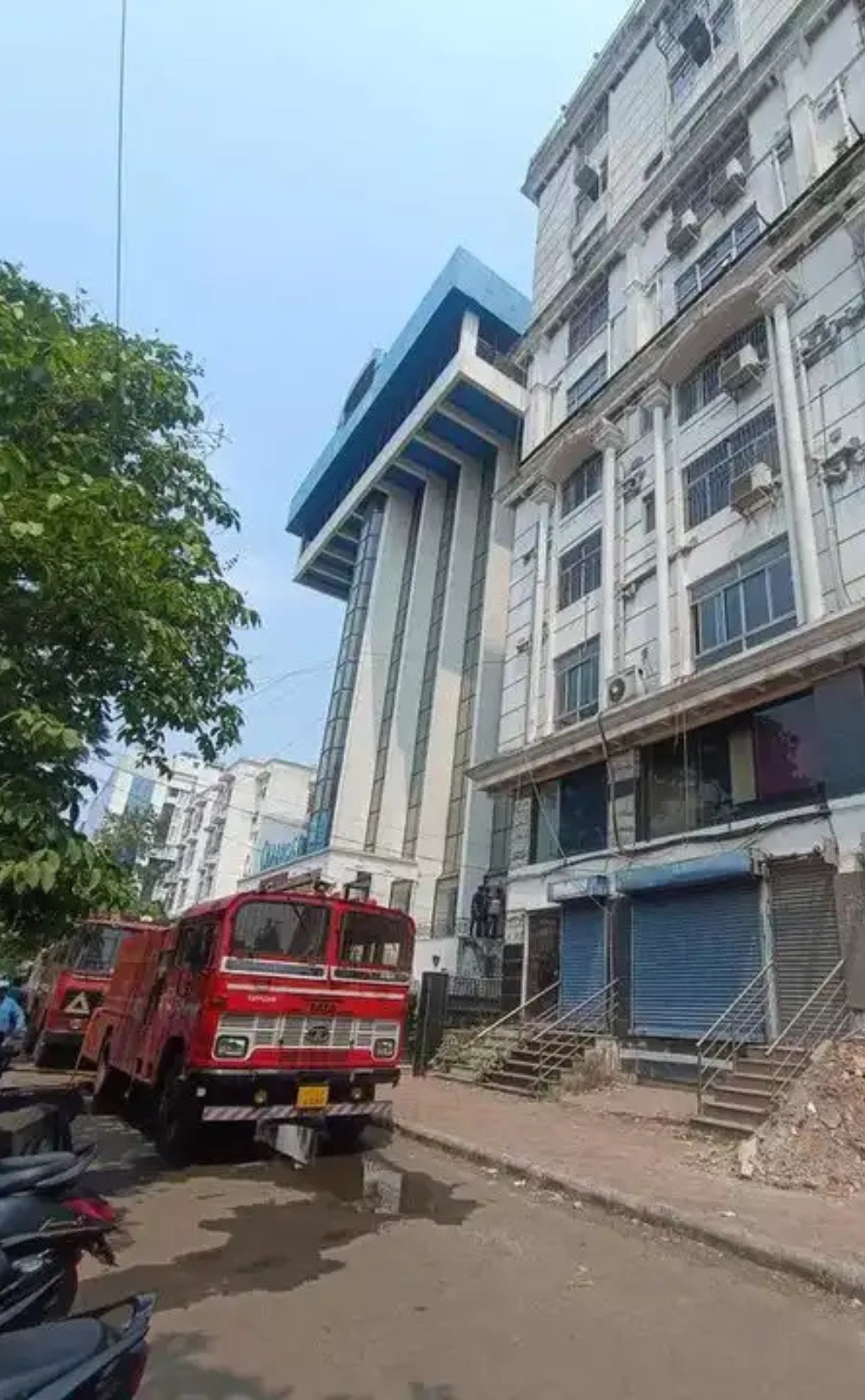More than 300 employees were forced to evacuate a nine-story commercial complex in Kolkata’s Salt Lake area on a weekday morning after a basement fire sent thick black smoke billowing through the building. The incident, attributed to a suspected electrical short circuit, has reignited discussions about workplace safety protocols and emergency preparedness in high-rise offices.
The Incident Unfolds

Around 11:30 AM on a Tuesday, security guards noticed smoke rising from the basement of the KC Block building on Salt Lake Broadway, adjacent to Manipal Hospitals. With no immediate activation of fire alarms or sprinklers, guards sprinted upstairs, manually alerting employees floor by floor. Workers described chaotic scenes as they abandoned computers and personal items, using stairwells to exit the building.
Swagata Das, an employee on the sixth floor, recounted leaving mid-call after hearing shouts to evacuate.
“I grabbed my bag and ran-no alarms, no warnings except the guards,” she said.
Firefighters arrived promptly, containing the blaze within an hour and preventing injuries.
Why This Matters
While the fire caused no casualties, it exposed critical gaps in safety infrastructure. Key concerns include:
-
Delayed Alarms: The fire alarm system failed to activate automatically, relying instead on manual intervention by guards.
-
Electrical Safety: Preliminary investigations point to a short circuit, a common yet preventable hazard in older buildings.
-
Evacuation Protocols: Employees lacked clear guidance, with some unaware of designated assembly points or emergency exits.
A Broader Perspective on Workplace Safety

This incident mirrors global challenges in commercial building safety. According to fire safety experts, regular electrical audits, functional alarm systems, and mandatory evacuation drills are non-negotiable for high-rises. In this case, the absence of sprinklers-which could have suppressed the basement fire early-raised questions about compliance with local fire codes.
What Comes Next?
Authorities have yet to confirm if the building had up-to-date fire safety certifications. However, the incident has prompted calls for:
-
Routine Inspections: Mandatory checks for wiring flaws, especially in older complexes.
-
Staff Training: Regular drills to prepare employees for emergencies.
-
Tech Upgrades: Automated alarms and backup power systems to ensure functionality during outages.
The Human Angle
For employees like Das, the fire was a wake-up call. “We assume safety measures are in place until they’re tested,” she reflected. The psychological impact of such evacuations-especially without clear protocols-can erode trust in employers and building management.
Key Takeaways
-
No Room for Complacency: Even minor electrical issues can escalate rapidly.
-
Community Responsibility: Tenants and owners must collaborate to prioritize safety over cost-cutting.
-
Transparency: Post-incident reports should be shared publicly to drive accountability.
As Kolkata’s Salt Lake area continues to grow as a business hub, this fire serves as a critical reminder: Safety isn’t just about compliance-it’s about saving lives when seconds count.
With inputs from agencies
Image Source: Multiple agencies
© Copyright 2025. All Rights Reserved Powered by Vygr Media.























